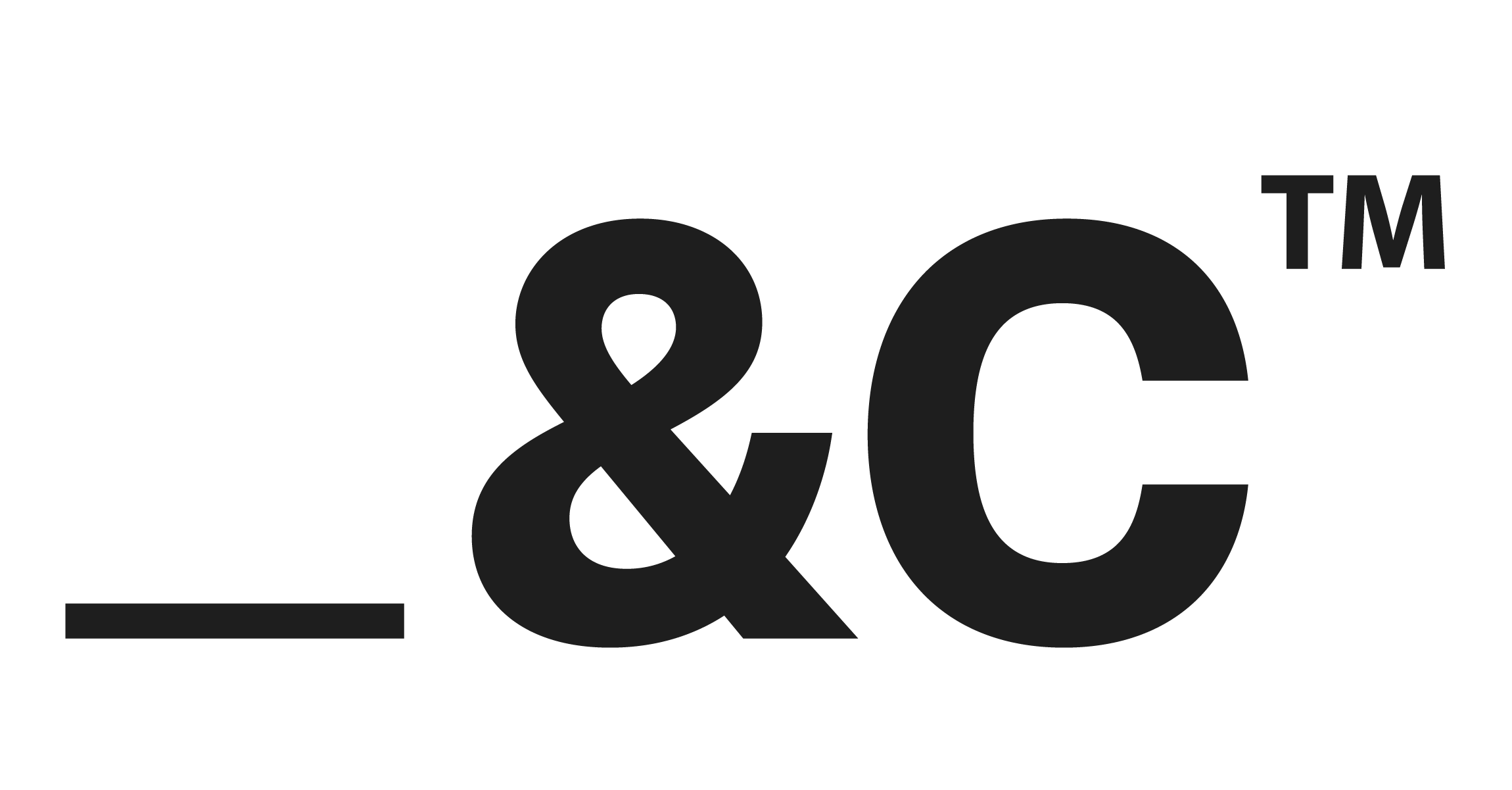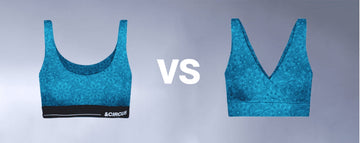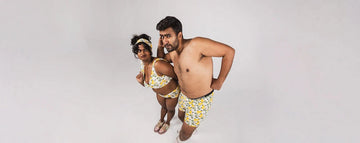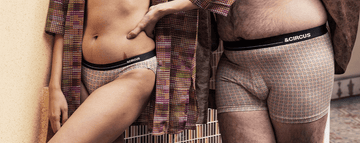Quick Listen:
In an era where every wardrobe choice carries weight, the fabrics we wear are more than mere textiles they're powerful expressions of values. The fashion industry, once driven by aesthetics alone, now pulses with a demand for sustainability and inclusivity, where materials like organic cotton and Tencel embody a brand's ethos. For pioneers like Tailor and Circus, known for inclusive innerwear, fabric is a canvas for storytelling, weaving environmental responsibility and universal comfort into every piece. As consumers increasingly align purchases with principles, selecting eco-friendly materials over conventional ones becomes a bold statement of identity for both wearer and brand.
A New Era of Textiles
Step into any boutique, and the shift is palpable: fabrics that are kinder to the planet and softer to the touch dominate the racks. Materials like organic cotton, bamboo, and Tencel signal a revolution in consumer priorities. The sustainable fabrics market, worth $33 billion in 2024, is projected to exceed $161.63 billion by 2037, with a 13% annual growth rate. Asia Pacific, expected to contribute $59.64 billion, leads this charge, driven by heightened awareness of fast fashion's ecological cost. Millennials and Gen Z, in particular, champion brands that embed sustainability into their core.
Inclusivity is equally transformative. Brands are prioritizing fabrics that cater to diverse needs hypoallergenic, breathable, and adaptable to all body types. Gender-neutral designs, reliant on versatile, soft materials, are dismantling traditional boundaries, welcoming a broader audience. Technology is pushing boundaries further: smart fabrics, valued at $6.24 billion in 2024, are forecast to surge to $86.87 billion by 2034, growing at a 30.13% CAGR. These textiles, capable of health monitoring and temperature regulation, make clothing dynamic and personalized, redefining its role in daily life.
Tailor and Circus: Crafting a Sustainable Legacy
Tailor and Circus exemplifies this paradigm shift. Their innerwear, made from organic cotton and Tencel, balances environmental stewardship with universal comfort. These sustainably sourced fabrics, gentle on sensitive skin and designed for diverse bodies, have earned the brand a devoted following. By aligning material choices with ethical values, Tailor and Circus builds trust, proving that sustainability enhances rather than compromises quality. Their approach is a blueprint for how fabric can anchor a brand's identity.
Other industry leaders echo this commitment. Patagonia and Everlane transform recycled plastics into durable, stylish garments, while emerging brands craft luxurious textiles from ocean waste, rivaling traditional silks. The luxury fabric market, valued at $3.9 billion in 2023, is expected to reach $11.8 billion by 2033, with an 11.7% CAGR. These premium materials, often combining natural fibers like cashmere with advanced technologies, deliver exclusivity without environmental cost, appealing to discerning consumers who demand both elegance and ethics.
Navigating the Challenges
The path to sustainable fashion is fraught with obstacles. Eco-friendly fabrics, while desirable, often carry premium costs, straining smaller brands like Tailor and Circus. Achieving a balance between softness, durability, and minimal environmental impact demands continuous innovation, a resource not all companies can muster. In India, for example, small and medium enterprises face hurdles in adopting circular economy models due to unclear metrics and frameworks, as highlighted in a 2025 study on the nation's textile sector.
Consumer expectations add another layer of complexity. Shoppers crave sustainable options but demand transparency to back claims. A brand touting green credentials without verifiable sourcing risks reputational damage. Educating audiences explaining the value of organic cotton or Tencel's low water footprint is essential but challenging. Brands must communicate clearly and authentically to stand out in a saturated market, where misinformation can erode trust faster than it's built.
Seizing Opportunities
Despite these hurdles, the potential rewards are immense. Fabrics are a potent tool for cultivating loyalty in a competitive landscape. When a customer chooses a Tailor and Circus garment, they're embracing a commitment to sustainability. Transparent sourcing tracing a fabric's journey from field to finished product transforms a transaction into a shared mission. Brands that master this narrative see heightened engagement, from social media traction to loyal repeat buyers.
Economic trends are also promising. As sustainable production scales, costs are beginning to decline, making eco-friendly fabrics more accessible. This shift could democratize ethical fashion, enabling more brands to participate. Marketing, too, benefits: a compelling fabric story whether it's a coat from recycled plastic or a scarf from bamboo captivates consumers. These narratives resonate, drawing in those who see their values mirrored in a brand's choices, and fostering conversations that amplify reach.
A Future Shaped by Innovation
The horizon of fashion is vibrant and adaptive. Innovations like ExoFabric, a re-moldable textile system, promise materials that evolve with our bodies, reducing waste by adapting to changing needs. The broader textile market, valued at $1,976.84 billion in 2024, is projected to reach $4,016.50 billion by 2034, with a 7.35% CAGR, driven by natural fibers like cotton and wool. Asia Pacific, holding a 54% market share in 2024, remains a powerhouse, while North America emerges as the fastest-growing region.
For brands, the directive is unmistakable: innovate relentlessly, communicate transparently, and champion materials that matter. Tailor and Circus leads by example, blending sustainability and inclusivity seamlessly. Yet every brand has the opportunity to craft its own narrative. Embrace fabrics that prioritize both planet and people. Share their origins with clarity. And recognize that a soft, thoughtful material can forge connections that endure.
As you select your next outfit, pause to reflect on its message. Does it whisper comfort, proclaim sustainability, or celebrate inclusivity? In the modern fashion landscape, the answer lies in the fabric a silent yet eloquent storyteller of who we are and what we stand for.
Disclaimer: The above helpful resources content contains personal opinions and experiences. The information provided is for general knowledge and does not constitute professional advice.
You may also be interested in: Finding the Right Underwear for Women: A Guide to Comfort and Style
Uncomfortable underwear shouldn't steal your confidence. At Andcircus, we craft ultra-soft, sustainable Lenzing Modal Micro innerwear for every body, XS to 5XL. From briefs to bras, our custom packs fit you perfectly. Shop risk-free with our 100% satisfaction guarantee and embrace comfort that includes everyone. #LoveEveryBody. Shop Now!







































